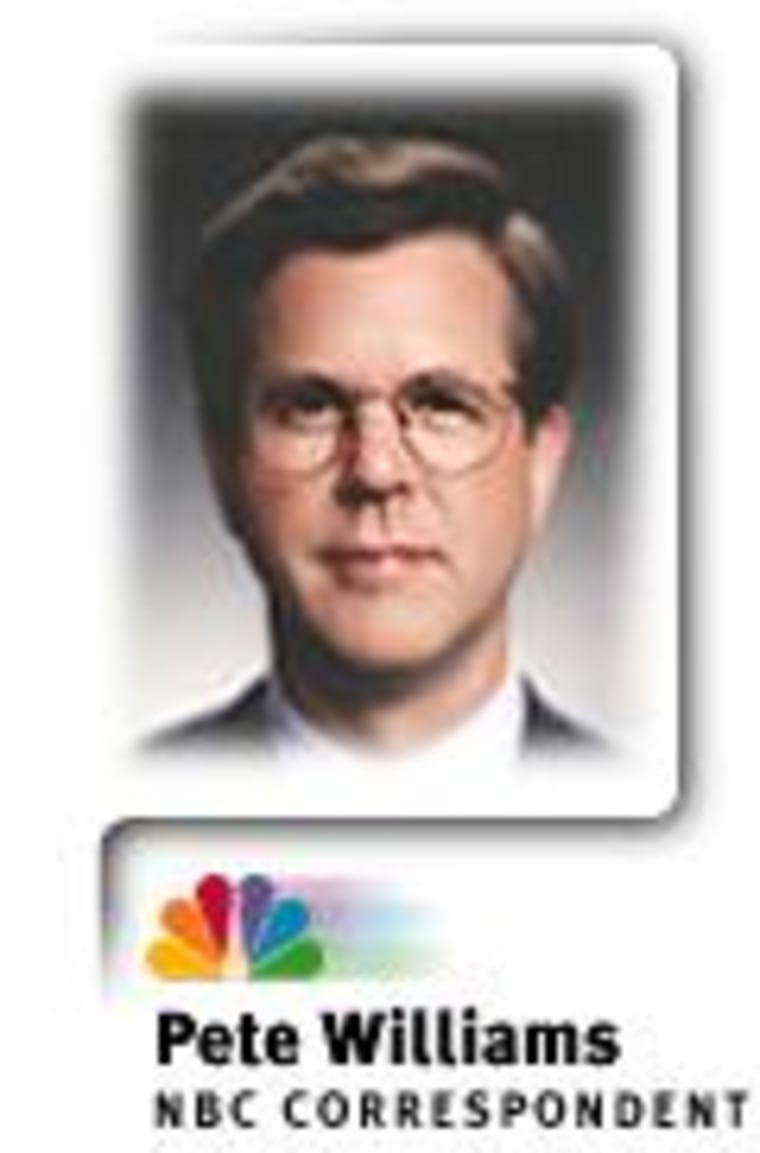The limits of police search and interrogation powers and the ability of a state to restrict public support for religion will likely dominate the U.S. Supreme Court term that begins Monday, along with one big issue that got a head start — the question of whose money can be used to pay for political campaigns.

THE JUSTICES MET for a very unusual summer sitting in early September to consider a challenge to the McCain-Feingold law that bans unions and corporations from using their own money to buy attack ads around elections. Opponents of the law, from the Republican Party to the National Rifle Association and the ACLU, say it unfairly limits political expression.
“Not to be able to identify a candidate with an issue is a profound interference with the ability of these groups to speak as they see fit,” argues former independent counsel Ken Starr, representing opponents of the law.
But supporters of the campaign finance law say unions and corporations were laundering otherwise prohibited contributions by passing them through state political parties.
“The new law shuts down those contributions and stops the corruption and appearance of corruption that’s been going on,” says Fred Wertheimer of Democracy 21, a group that helped persuade Congress to pass the measure.
A potential landmark case involving religion and money comes from Washington state. When college freshman Joshua Davey declared his major, state officials told him they’d have to take his publicly funded scholarship away.
Davey wanted to study theology, to become a minister. But like 18 other states, Washington has a law banning the use of public money for religious instruction.
“Targeted discrimination against religious believers or those that want to study religion from a faith perspective cannot be tolerated,” says Jay Sekulow of The American Center for Law and Justice, a legal group supported by the Rev. Pat Robertson.
Sekulow argues that Washington violated the First Amendment’s ban on laws that prohibit the free exercise of religion.
“The way this program is administered by the state is government hostility to religious values,” he says.
But Bill Collins, an assistant Washington attorney general, says the state is not interfering with the student’s pursuit of a religious education.
“We are not paying for Mr. Davey to exercise his constitutional rights, but we are not keeping him from expressing them,” Collins says.
Several cases this term will examine the limits of police arrest power.
One case asks, what happens when a policeman sees something illegal in a car full of people but can’t tell who it belongs to: Can he simply arrest everyone in the car? Joseph Pringle was arrested in 1999 by a Baltimore County, Md., policeman who found cocaine in a car in which Pringle was a passenger. But a state appeals court overturned the conviction, ruling that the policeman had no reason to link Pringle with the drugs.
What if someone is arrested well outside a car: Can the police still search its contents anyway? An Arizona court struck down the conviction of Rodney Gant, who was arrested when police found illegal drugs in his car. They searched it after arresting him well outside the car on unrelated charges.
Several high-profile issues are pending before the court while the justices decide whether to hear them:
Can public schools require students to recite the Pledge of Allegiance, even though it contains the phrase “under God”?
Does the military have the legal authority to hold U.S. citizens indefinitely as enemy combatants without giving them access to lawyers or court hearings?
And may the federal government prevent doctors from recommending marijuana to their patients suffering from the effects of chemotherapy, loss of appetite or chronic pain?
While speculation was intense last term that one of the nine justices might retire, most court-watchers think a vacancy is far less likely to occur this term. A retirement would require the president and U.S. Senate to battle over a successor in an election year.
“The conventional wisdom is likely right, that politics will freeze the court in place for now,” says Tom Goldstein, a Washington appeals court lawyer.
“No one believes the Senate would act in anything but a partisan way in an election year,” he says.
In the last century, the only retirements by Supreme Court justices in election years were forced by health problems.
Pete Williams is NBC News’ Supreme Court correspondent